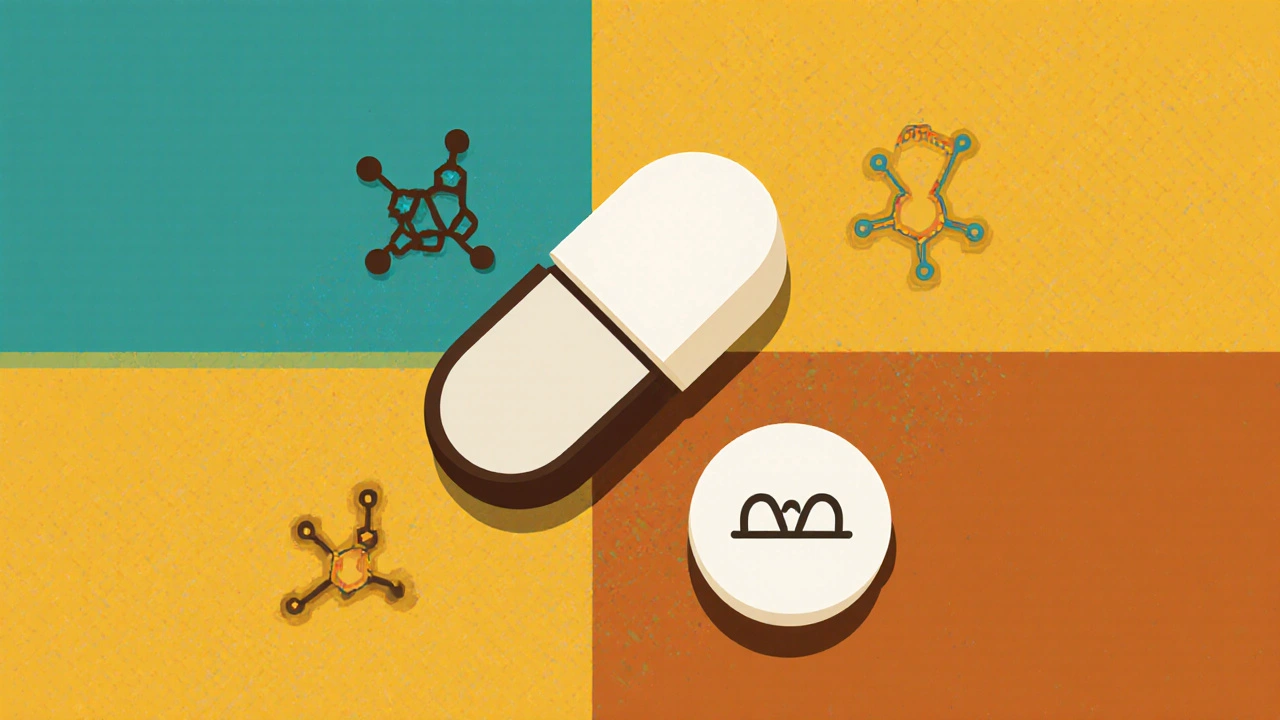Drug Interactions: What You Need to Know About Medications, Food, and Supplements
When you take a drug interaction, a harmful or reduced effect caused when two or more substances affect each other in the body. Also known as medication clash, it can turn a safe pill into a risk—whether it’s your blood pressure medicine, a common herb, or even your morning grapefruit. This isn’t theoretical. Grapefruit can make statins toxic. St. John’s wort can wipe out birth control. Vitamin K can undo warfarin. These aren’t rare edge cases—they happen every day, often because no one ever explained the risks.
Drug interactions aren’t just about pills. They involve food, what you eat and drink that can change how your body absorbs or breaks down medicine, supplements, herbs, vitamins, or minerals people take thinking they’re harmless, and even over-the-counter meds, common pain relievers or cold pills that mix dangerously with prescriptions. A person taking blood thinners might not know that eating large amounts of leafy greens can reduce their effect. Someone on antidepressants might take melatonin for sleep, unaware it can boost serotonin to dangerous levels. These aren’t mistakes because people are careless—they’re mistakes because the info isn’t clear.
The good news? Most of these clashes are avoidable. You don’t need to be a pharmacist to protect yourself. Just know that any new medicine, supplement, or even a big change in diet should trigger a quick check. Talk to your pharmacist. Read the label. Ask: "Could this interact with anything else I take?" It’s not about fear—it’s about control. You’re not just taking pills. You’re managing a system. And when parts of that system don’t play nice, the results can be serious.
Below, you’ll find real, practical guides that break down exactly how these clashes happen—and how to stop them. From how grapefruit affects statins to why St. John’s wort ruins birth control, we cover the most common and dangerous combinations. You’ll also see how storage, generics, and even inhaler technique tie into overall medication safety. This isn’t theory. It’s what works in real life—for real people trying to stay healthy without getting hurt by their own meds.

Linezolid and Serotonin Syndrome: What You Need to Know About the Real Risk with Antidepressants
Linezolid can cause serotonin syndrome when taken with antidepressants, but real-world data shows the risk is extremely low-under 0.5%. Learn when it's safe to use both and what to watch for.
